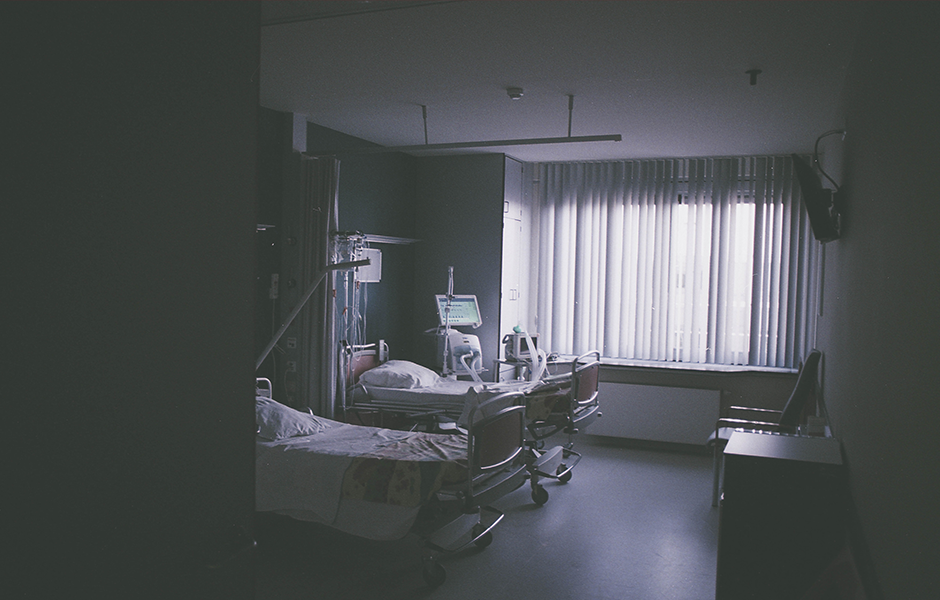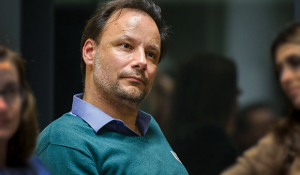He does not question the legitimacy of euthanasia. He is not against it. But he wants to ensure that no irreparable errors are made during the process. That is why Miguel Ricou, a researcher in the field of Ethics at CINTESIS – Center for Health Technology and Services Research, and a member of the European platform “Wish to Die”, urges the parliament not to promote a “hasty discussion” or legislate “in a hurry”.
“The debate on euthanasia and assisted suicide has revolved around two ideological and, above all, demagogic axes, establishing that it is a matter of choice between the value of life and respect for autonomy. It must be clear to everyone that what is at stake is not whether one should accept someone’s decision to die, but whether that decision represents the person’s actual desire and especially, if it is in the person’s best interest,” said the Psychologist in a statement.
The European platform “Wish to Die” integrates health professionals, such as psychologists and psychiatrists, but also professionals from other areas. It is dedicated to four lines of study: the decision-making process, the time required for a possible change of opinion, the relevance of family motivation, and the role of palliative care in the context of euthanasia and assisted suicide. These professionals argue that, without high-quality scientific information on these issues, it is not possible to define balanced legislation.
Thus, the researcher wants the platform “Wish to Die” to be heard by the Parliament, before the vote on a law project on euthanasia. “We need to realize what are people’s best interests. There are decisions that cannot be based on ideological reasons,” he says.
One of the shortcomings pointed out by the psychologist to the current law project is that “it does not distinguish between the person who has a terminal illness and someone who has an incurable disease, but who probably will not die of it.” According to the CINTESIS researcher, the mechanisms involved will be different.
Miguel Ricou is also a professor at the Faculty of Medicine of the U.Porto (FMUP). He argues that health professionals should play a much more important role in this debate, than the one that has been reserved for them so far. “Health professionals are committed to help persons to make the choices that promote the best possible outcome. Therefore, there are not forbidden or compulsory choices at the outset, which is why a health professional is not likely to defend dichotomous decisions,” he summarizes.


